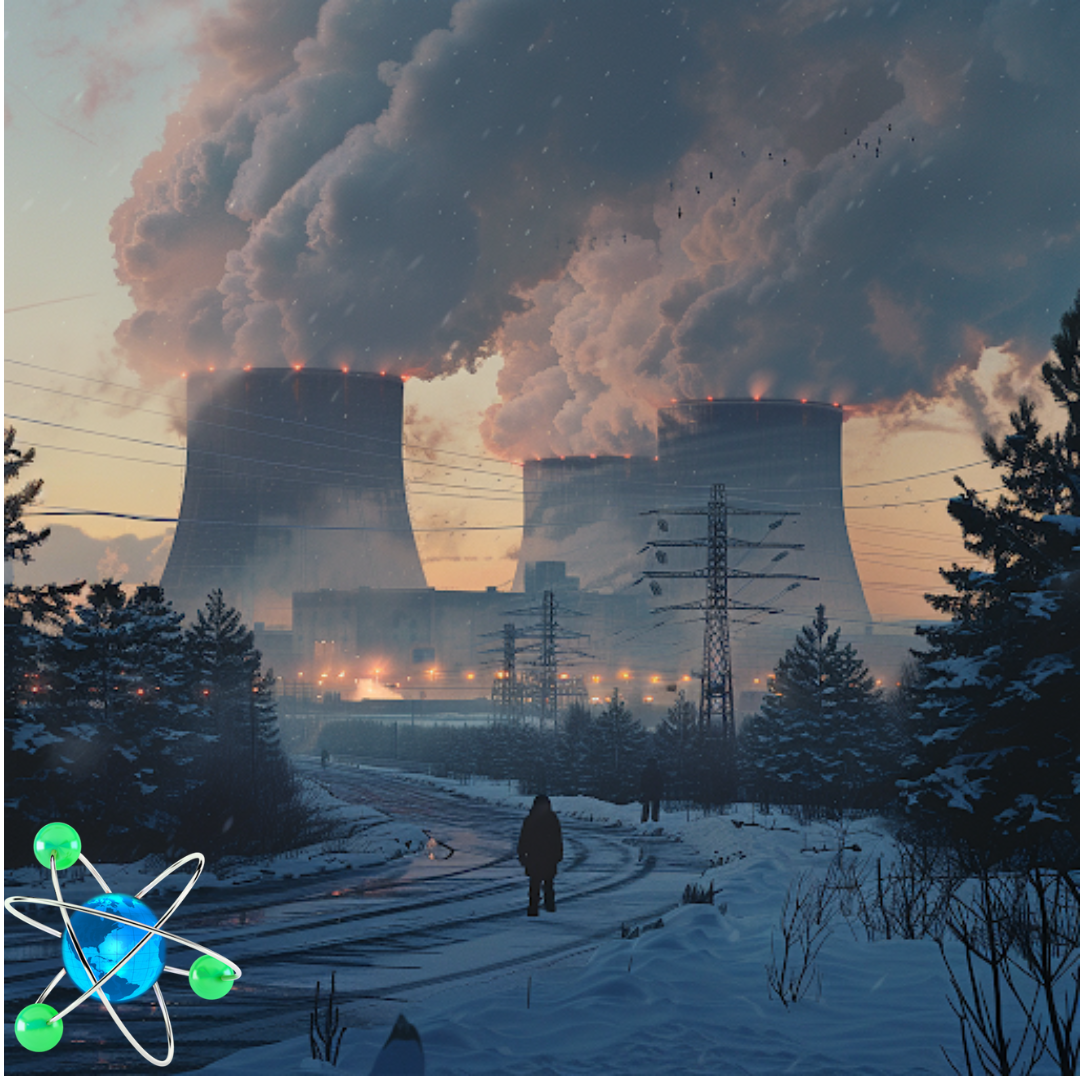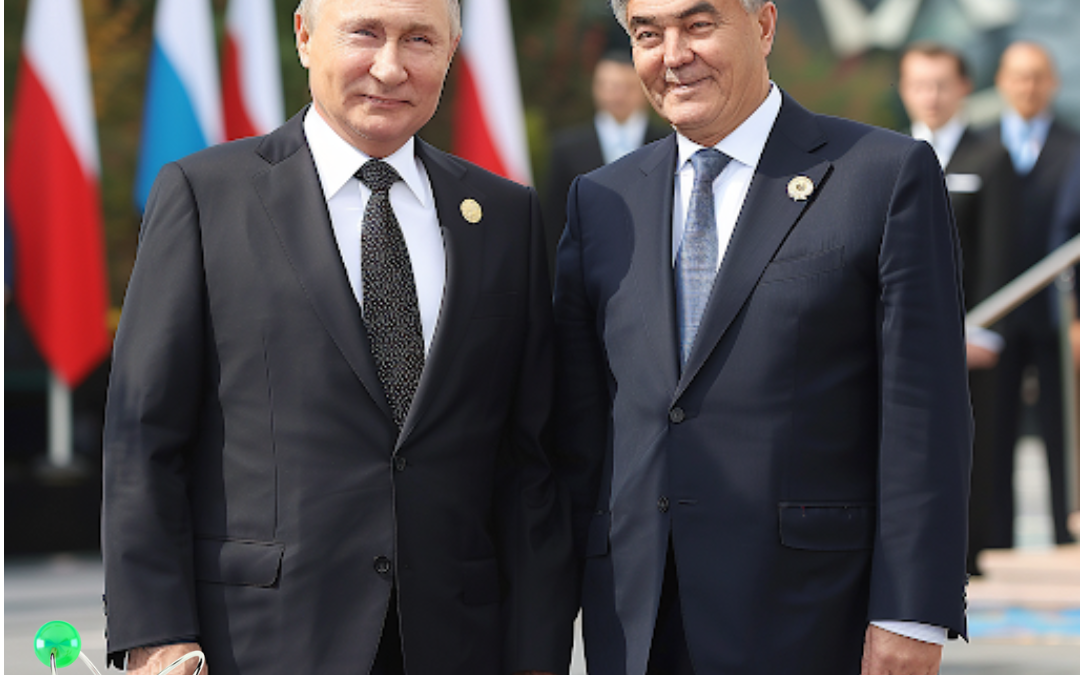
- Russia and Uzbekistan have signed an agreement to build Central Asia’s first nuclear power plant, deepening economic and energy ties between the two countries as Russia continues to face Western sanctions.
- The project, led by Russian nuclear giant Rosatom, aims to construct six nuclear reactors in Uzbekistan, leveraging the country’s natural uranium reserves and enhancing cooperation in mining, metals, and chemicals.
- The increased collaboration between Russia and Uzbekistan, amid broader geopolitical shifts, may attract Western sanctions on Uzbekistan for aiding Russia, though Uzbekistan has not officially supported Russia’s actions in Ukraine.
As Russia’s invasion of Ukraine continues in its second year, Western sanctions continue to pile up on Russia. However, it seems Russia is continuing to find ways out of its current predicament. On Monday, May 27th, Russian President Vladimir Putin and Uzbek President Shavkat Mirziyoyev announced an agreement enabling Russia to build Central Asia’s first nuclear power plant in Uzbekistan.
A Start of a New Trend
Uzbekistan, a land-locked country in Central Asia home to more than 35 million people, has struggled to meet customer demand for energy in previous years. Reuters reported that last year, “Uzbekistan started to import Russian natural gas, a reversal from previous trends, as Russia then imported hydrocarbons from the region.” Trade between the two countries added up to $10 billion in 2023, and both presidents pledged to expand investments and commerce, with a target of $30 billion set for the near future. As Russia seeks to expand its influence in Eastern Europe through its military advancements in Ukraine, this accord also signifies a more aggressive foreign policy in post-Soviet Union Asia. Uzbekistan’s proximity to China may also increase unity and collaboration between the three countries. CBS News reported that Russia and China recently held a summit to “reaffirm their no-limits partnership that has strengthened as both countries become increasingly isolated from the West.”
Russia and Uzbekistan Become Closer Friends
According to Al Jazeera, “Kremlin documents indicate that Russian nuclear giant Rosatom will be tasked with constructing six nuclear reactors, each with a capacity of 55 megawatts, totaling 330 megawatts.” The project aims to capitalize on Uzbekistan’s large natural uranium reserves, with hopes for completion in the next decade. In addition, the two leaders proclaimed the commencement of joint ventures in mining, metals, and chemicals, which would further deepen ties between both countries. There is also mutual interest in expanding Russia’s oil and gas exports to Uzbekistan, as President Mirziyoyev expressed a strong desire to import additional energy resources.
Wider Repercussions?
Whether the United States and other Western countries will impose punishments on Uzbekistan for providing Russia with an escape route from Western sanctions has yet to be determined. Previously, the West has sanctioned Iran for providing Russia with Shahed drones, China for buying Russian energy, and North Korea for resupplying Russia’s weapons arsenal. Uzbekistan has not officially declared its support for what Russia deems its “special military operation” in Ukraine. Still, precedence has suggested that they will face punishment for supporting Russia through increasing bilateral trade and energy flows, even though Al Jazeera reported that “countries in the region are collaborating with the West on projects designed to isolate Russia.” Reuters also mentioned that a national referendum has not yet ratified this project, but it is expected to pass and allow the groundbreaking investment to move forward.

